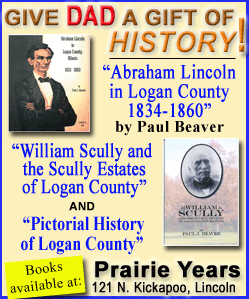| |||||||||||
| |||||||||||
Craig Phelan, a professor of modern history at Kingston University, says attitudes have changed dramatically since the 1980s, when unions took on Thatcher's government in grinding conflicts like a yearlong miners' strike
-- and lost. Then, more than 13 million Britons were union members. Now the figure is about 7 million. Now, he said, when people think of unions they think of London subway drivers, "holding a city hostage for what seem like insignificant demands." "People see unions as something other, someone who wants to take their money, someone who wants to inconvenience them, someone who doesn't want to work as hard as they do," Phelan said. It's a hard attitude for unions to overturn, and they are moving with caution. Thursday's strike
-- a single day, near the end of the school year -- will cause only limited disruption. Unions and the government are still trying to resolve their differences. They met for talks on Monday, and plan more next month. But union leaders sense a mood of anger among their members. Dave Prentis, general secretary of the million-strong Unison union, has predicted more strikes in the autumn, as workers react to a "perfect storm" of pay freezes and lower pensions. And the unions are making new allies in the anti-capitalist and anti-cuts movements that have sprung up over the last year. U.K. Uncut, a group that has staged sit-ins at banks and companies it accuses of tax-dodging, has held talks with union leaders about joining protests on Thursday. Students
-- who have held their own demonstrations over fee hikes -- are expected to join picket lines, as well as holding their own sit-ins and occupations. It's a potentially risky strategy for the unions. A huge union demonstration drew more than 250,000 people in London on March 26, the largest protest for almost a decade
-- but media coverage focused on a handful of self-described anarchists who smashed shop windows, spray-painted graffiti and pelted police with bottles. But it's also a chance to show they remain relevant in an era of flashmobs and Twitter-fueled protest. "Unions are still embedded in the fabric of British institutional life," Phelan said. "They have never disappeared. Are they poised for a revival? It's difficult to say, but you can see signs." ___ Online: Strike details: http://www.j30strike.org/
[Associated
Press;
Copyright 2011 The Associated Press. All rights reserved. This
material may not be published, broadcast, rewritten or
redistributed.
News | Sports | Business | Rural Review | Teaching & Learning | Home and Family | Tourism | Obituaries
Community |
Perspectives
|
Law & Courts |
Leisure Time
|
Spiritual Life |
Health & Fitness |
Teen Scene
Calendar
|
Letters to the Editor